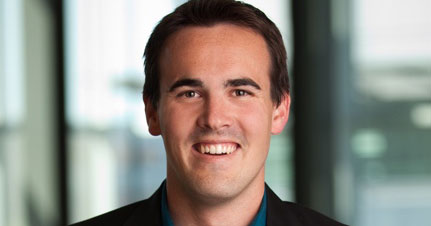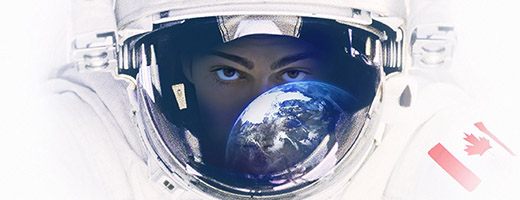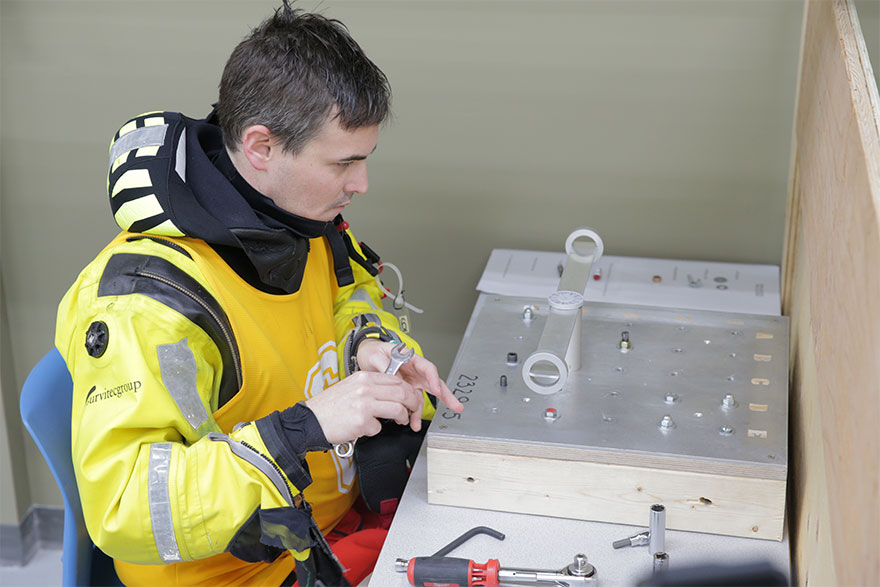Astronaut candidate's profile
The candidates participating in the astronaut selection process all have unique journeys and outstanding qualities and skills. You can read their remarkable profiles here.
Thomas, Evan Alexander Beirne

Where were you born?
Montreal, Quebec, Canada
Where do you currently live?
Portland, Oregon, USA
Education
- Bachelor's, broadcast journalism – University of Colorado Boulder
- Bachelor's, aerospace engineering sciences – University of Colorado Boulder
- Master's, public health – Oregon Health and Science University
- Master's, aerospace engineering sciences – University of Colorado Boulder
- Ph.D., aerospace engineering sciences – University of Colorado Boulder
What is your current job?
Associate professor, Portland State University - I am an associate professor in mechanical engineering and public health at Portland State University. My team develops and deploys cellular and satellite reporting sensors in 15 countries to help inform and improve global health programs.
I also run a nationwide health program in Rwanda, operating in 7,500 villages with 1.3 million beneficiaries. We are providing clean cookstoves and water filters and ongoing behaviour change messaging. We recently completed a large-scale health impact randomized controlled trial.
I previously was an aerospace engineer at NASA's Johnson Space Center developing air revitalization and water recovery systems for spacecraft.
Why do you want to become an astronaut?
Clean water, safe sanitation and reliable energy are technical challenges equally relevant in spacecraft and here on Earth, where billions of people's basic needs are still not met. I want to be an astronaut because the International Space Station is both a research and development platform and a global pulpit for tangible, impactful collaborations that can simultaneously further space exploration while addressing chronic challenges on Earth.
If you could pick one place to explore in our solar system where would you go?
What motivated you to study in your field?
Growing up I always wanted to be an inventor, like Edison or Tesla. In high school I learned that studying engineering could help me get there. I later went to work for NASA because I wanted to contribute to space exploration. More recently, I have combined my engineering skills with public health training in order to help provide clean water, sanitation and energy in developing countries, and to monitor the success of these efforts with high-tech sensors connected to satellite and cellular networks – helping bring us all closer together.
Think back to a teacher who had a positive impact on your life. What did she/he do to influence you?
My most influential teachers have always accepted and encouraged my unwillingness to colour inside the lines. They have helped guide me, and keep me out of trouble, without telling me what I had to do to be like everyone else.
What do you like best about your job?
I get to work in multidisciplinary teams of experts from around the world, all committed to improving life here on Earth. I have travelled to almost 50 countries working in remote villages and towns in partnership with dedicated and thoughtful friends. The more I travel, the more I realize how similar we all are, and how we can work together.
Which living person do you most admire? OR Who are your heroes in real life?
My friend Colonel Ron Garan was a NASA astronaut and US Air Force F-16 fighter pilot who discovered an "orbital perspective" that can eliminate divisions and unhealthy competition. He has dedicated his third career to sharing this perspective globally.
What is your favourite sci-fi movie?
Interstellar in polite company. But actually Star Trek.
What is your motto?
Don't waste time!
Were you afraid of the dark when you were young?
What is the best career advice you've ever received?
Do what you can to make a difference. Not what looks good on a résumé.
What is your most treasured possession?
My grandfather earned his Ph.D. in entomology at age 21. It was technically his only degree because he could not afford to pay the university fees for his other diplomas. When he graduated, he used his inheritance from his own grandfather to buy his first microscope in 1938. He gave it to me when I was around 10.
What is your favourite place on Earth?
I recently built a one-room cabin with a view of Mt. Hood in Oregon. Surrounded by snow and wildlife, it's a great place to get real work done.
What do you consider your greatest achievement?
When I was an undergraduate, I helped found Engineers Without Borders – USA and started working in Rwanda with a budget of $5,000 raised from car washes and Rotary Clubs. Later, when working as an aerospace engineer at the NASA Johnson Space Center, I spent my lunch hours, evenings and weekends building our water and energy technologies destined for developing countries. Now, I run a $35 million nationwide program that has presently reached over 1.3 million people in Rwanda.
What is your favourite book?
A Connecticut Yankee in King Arthur's Court by Mark Twain.
- Date modified:









